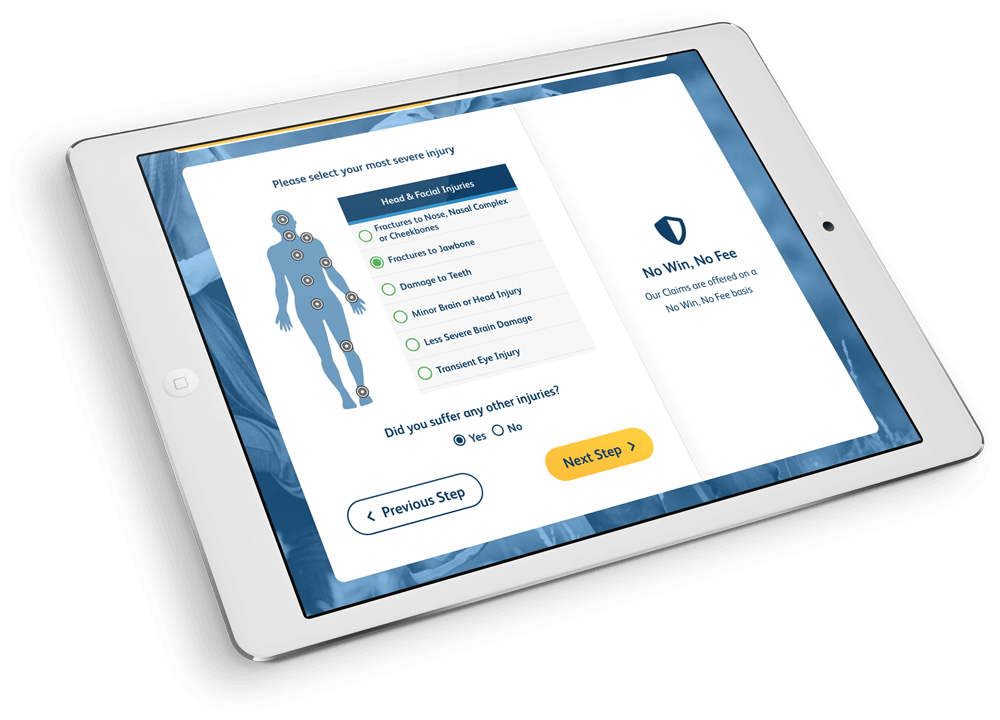New Guidelines: Questioning of Vulnerable Witnesses
New guidelines relating to vulnerable witnesses have been developed by the legal profession.
Witnesses under pressure
The new guidelines mean that vulnerable witnesses, including children and those with learning difficulties, will not be subject to unnecessarily harsh questioning in court.
The decision comes following a number of instances whereby witnesses have been put under too much pressure in court, including the case of Frances Andrade – a professional violinist who committed suicide four years ago after giving evidence of sexual assault.
Last year, it was also ruled that a judge can limit the cross-examination of a witness’s credibility if this has already been discussed, after a case in which a woman was questioned for almost a week about her past.
Free training programme for advocates
Following the new guidelines, legal bodies such as the Crown Prosecution Service, the Law Society, and the Bar Council amongst others, are offering a free training programme for those who deal with serious sexual offences.
Chantal-Aimée Doerries QC, chair of the Bar Council which represents barristers, said:
“Giving evidence can be difficult or intimidating, especially for vulnerable witnesses, and what they have to say is often vital to the outcome of the case.
“Using specific techniques for cross-examination helps vulnerable witnesses to feel more secure and means that they are more likely to give their best and most accurate evidence. That is in the interests of the witnesses themselves and the interests of justice.”
Miss Doerries added:
“Since a ruling in 2015 there has been a clear prohibition on unnecessarily repetitive cross-examination, and in cases involving vulnerable witnesses, the length and nature of cross-examination must be agreed in advance at a hearing.
“This training programme takes us a step further by developing less intrusive questioning techniques and adapting them for children and vulnerable adults.”
Sexual abuse – expert advice & support
If you have been affected by any instance of physical sexual abuse or by any instance of non-physical sexual abuse, contact us today. We offer expert advice on sexual abuse claims, and we guarantee your confidentiality at all times.
For further information, and to discover how we could help you, begin a conversation with our experienced and friendly team. Call 0800 888 6 888 or email .
Source: Guardian





